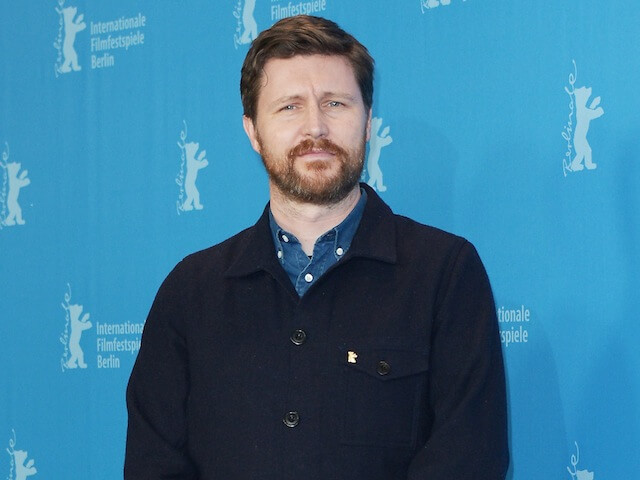Andrew Haigh began his film career working in the editing department for Ridley Scott on blockbusters like “Gladiator” and “Black Hawk Down.” When he started directing, he leaned towards intimate relationship dramas, including the 2011 one-night stand romance “Weekend” and the HBO show “Looking.” With “45 Years” he turns towards older love. Charlotte Rampling and Tom Courtenay play longtime marrieds who get shocking news that threatens to undo their relationship on the verge of their big anniversary party. RELATED: Charlotte Rampling on “45 Years” and not being that scary You’re in your early 40s writing and directing a film about people in their 60s and 70s. Did you have much difficulty making sure you weren’t assuming too much? RELATED: Review: “45 Years” shows that longtime relationships are terrifying What about collaborating with your actors? There’s a sense that Tom and Charlotte have a lot of room in each of the shots to find their characters.
What I love about Charlotte is she would only do something in the moment if it felt truthful, if it was absolutely in her. As a director, it takes your worry away, because you know what you’ll be getting will feel truthful, even if it’s not what you expected it to be. The final shot is especially thrilling, as you’re not sure what they’ll do, and their faces are slightly darkened and hard to parse.
I remember watching the take we used: the moment she pulled her hand away from him I was like [screams]. [Laughs] You feel that sometimes when you know something has happened that feels very honest, even if you’re not entirely sure what it means. I don’t want that as a filmmaker. And I don’t want the audience to know. I just want the audience to know something important has shifted and changed. RELATED: Them’s fighting words from the stars of “The Hateful Eight” Movies don’t often show aging characters dealing with the same emotions that people younger than them are dealing with. It’s as though they think older people no longer have those same fragile emotions. We can never escape the strength of these feelings. You think you get over things. Everyone is like, “You should get over your problems.” Never going to happen! [Laughs] The minute you start thinking about those feelings on a cold, wet, lonely night, before you know it you’re bursting into tears on the strength of feelings that shouldn’t matter to you or to other people. We’re all fragile people. Some people also like to think relationships get easier as they go on.
That’s a big myth. [Laughs] They’re hard, complicated things, and they continue being hard, complicated things, forever. If anybody says to me, “My relationship is sooo perfect,” it’s not. It’s never going to be. The longer a relationship goes on, the more you have to lose. That’s why people don’t end up communicating deep feelings. You want to keep the status quo, because you love them and they love you, and you don’t want it to fall apart. Because then what happens? I feel like it gets scarier and scarier and less stable as the years go on, not the other way around. I really hope this film makes people get divorced, basically. [Laughs] And of course, I don’t. [Laughs]
For me it wasn’t a stretch, and I didn’t even question it. I really think people are much more similar than they think they are. You can be 20 and still have the same pains and doubts as when you’re 70. You don’t change that fundamentally. I’m just a slightly wiser version of who I was when I was 20. I hope to continue in that path, but I’ll still be fundamentally the same person. I’ll have the same insecurities, the same vulnerabilities, the same fears. That continues, unfortunately, from a very early age, probably about 5. Society’s very keen on saying old people are one thing and you people are another thing.
Andrew Haigh hopes ’45 Years’ makes people get divorced (not really)

Getty Images
Follow Matt Prigge on Twitter @mattprigge


















